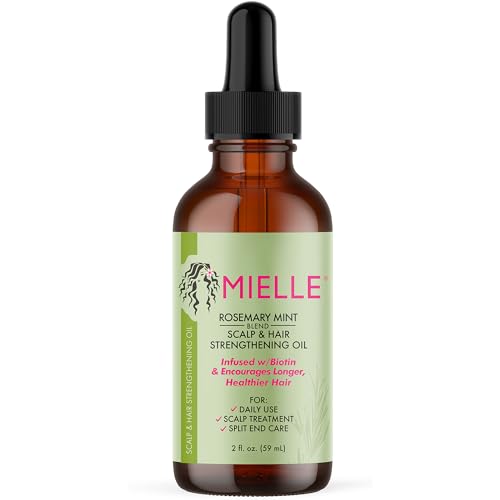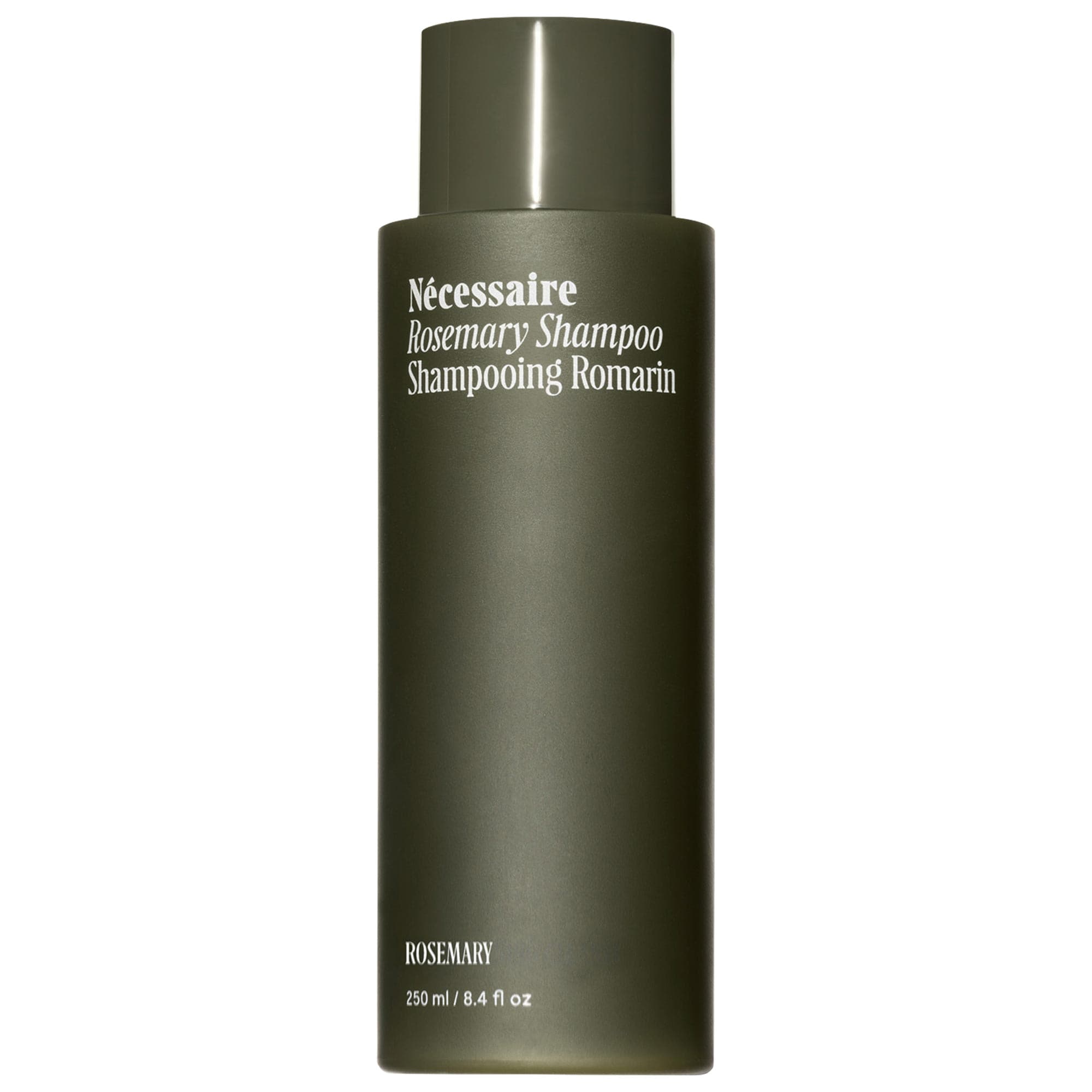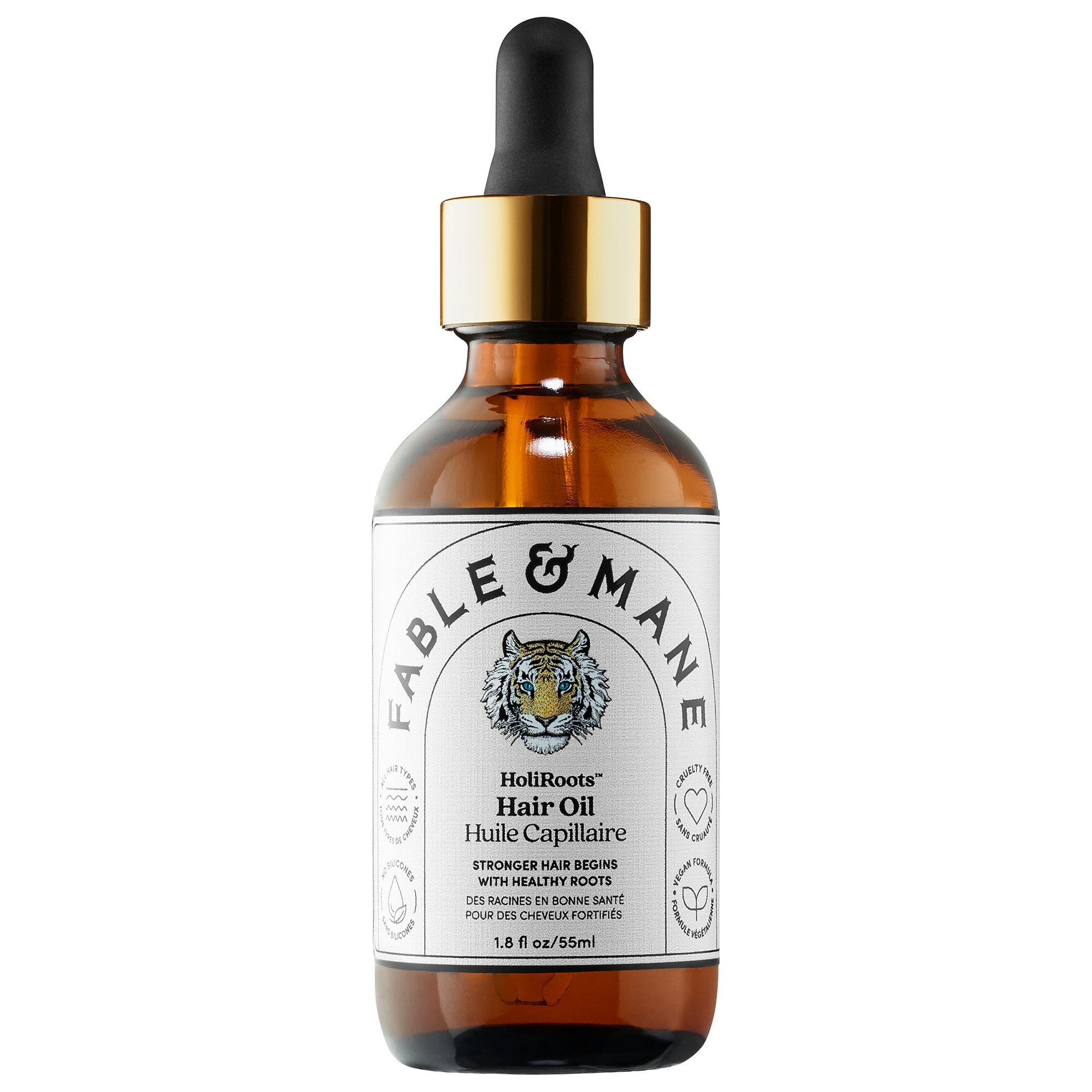Using Rosemary Oil for Hair Growth Has Gone Viral—But Is It Worth the Buzz?
Dermatologists weigh in on the natural treatment.
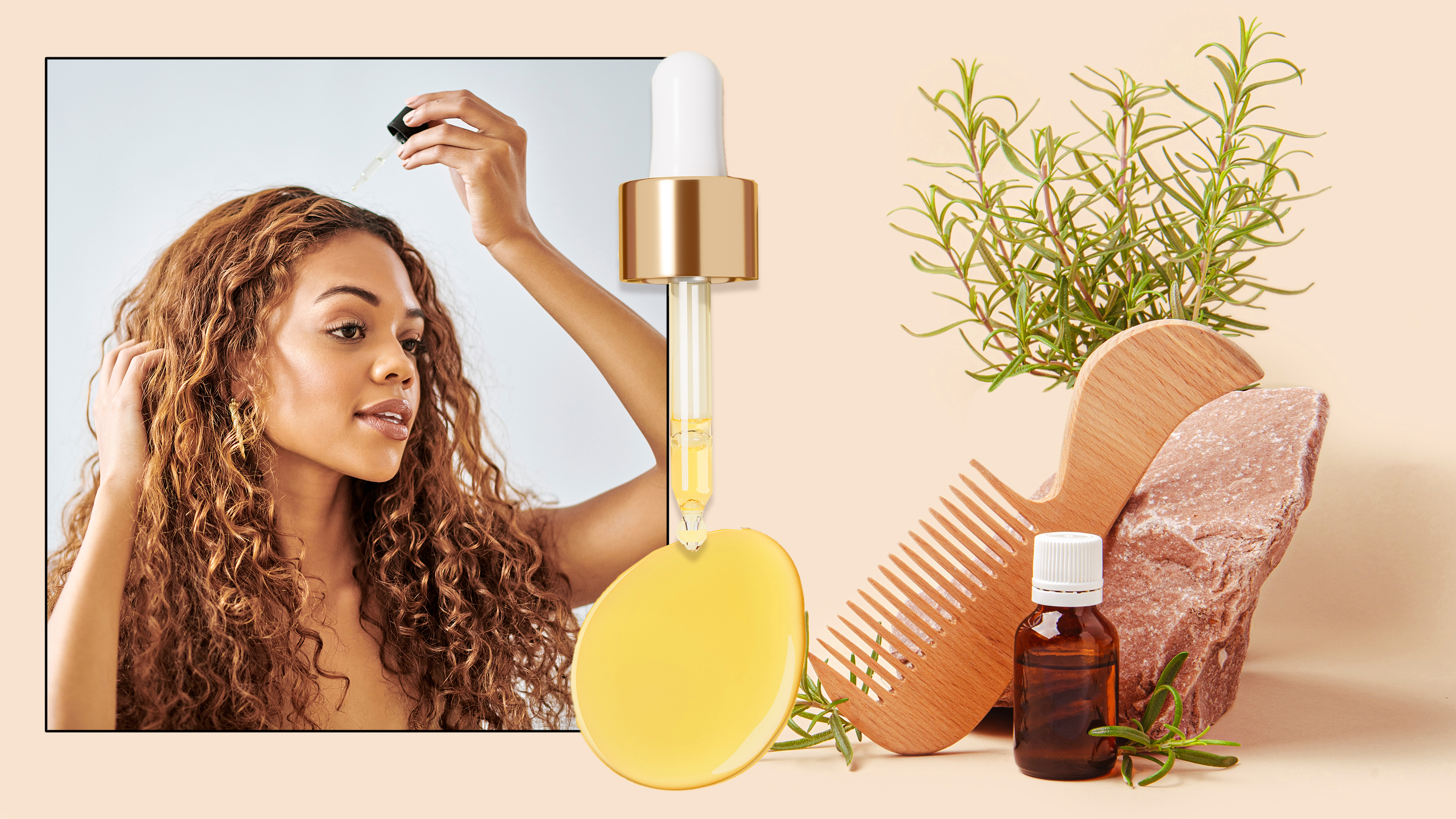
- Does Rosemary Oil Support Hair Growth?
- Will Rosemary Oil Make My Hair Thicker?
- Will Rosemary Oil Stop My Scalp Itchiness?
- Is Rosemary Oil for Hair Growth Safe?
- How Should I Dilute Rosemary Oil for Hair Growth?
- How Often Should I Use Rosemary Oil for Hair Growth?
- When Will I See Hair Growth Results?
- Shop The Best Rosemary-Based Hair Products
- Why Trust Marie Claire
- Meet the Experts

Gabrielle Ulubay
There's no shortage of hair growth products on the market, especially given that nearly 40 percent of women deal with female pattern hair loss. The growing industry, projected to be worth 5.6 billion by 2032, means that there are more hair growth oils, hair vitamins, and hair growth shampoos to choose from than ever before. Ironically, the best option might be something already sitting in your kitchen cabinet: rosemary oil.
Using rosemary oil for hair growth has become a lengthening, strengthening, hair-loss-stopping fascination on TikTok in recent months. More than 31,000 HairTok posts are tagged with #rosemaryoilforhairgrowth, displaying before-and-after photos of thinning, receding hairlines dramatically transforming into thick, waist-length hair.
But the ingredient isn't necessarily a new discovery. The anti-inflammatory essential oil has long been said to stimulate circulation and promote nerve growth when applied directly to the scalp. Board-certified dermatologist Naana Boakye, M.D. notes that rosemary oil has been a mainstay home remedy for hair loss for years and that scientists have been seriously looking at its potential since 2010.
Still, research is limited. This begs the question: Is rosemary oil for hair growth actually effective? Ahead, Dr. Boakye, along with board-certified dermatologists Joyce Park, M.D., and Jenny Liu, M.D., and licensed trichologist Anabel Kingsley, explain what the purported miracle treatment can and can’t do for your hair.
Does Rosemary Oil Support Hair Growth?
First things first: there are limited studies on the benefits of rosemary oil for hair growth. Nothing is guaranteed, but the body of available research makes doctors think that "rosemary oil may promote hair growth by improving scalp circulation, stimulating hair follicles, and creating a healthy scalp environment with it's anti-inflammatory and anti-microbial properties," says Dr. Park.
One of the most prominent pieces of research, published in 2015, found that rosemary oil was a natural alternative with comparable benefits to two percent minoxidil, a prescription topical for hair growth commonly found in Rogaine. However, the study isn't thorough enough to deem rosemary oil the best course of action for hair growth.
"Minoxidil five percent remains the gold standard, and the study didn't compare rosemary oil to five percent minoxidil," adds Dr. Park. Plus, Kingsley points out that this study had too small a sample size to be definitive and that its subjects were all men.
Get exclusive access to fashion and beauty trends, hot-off-the-press celebrity news, and more.
The takeaway: "There is limited evidence to support that rosemary oil causes regrowth," says Dr. Boakye. That said, it's not out of the question; it just may be best used as an addendum as opposed to primary treatment. "In my professional opinion, rosemary oil may work better as an adjunct or for those who, for their own personal reasons, cannot or don't want to take minoxidil," says Dr. Park.
Will Rosemary Oil Make My Hair Thicker?
While there is little evidence to support that rosemary oil can actually grow new hair, it's hard to deny the thousands of positive, first-hand experiences. More likely, says Dr. Boakye, is that customers notice an increase in hair thickness after regularly applying rosemary oil with a scalp massager (or by massaging the area with their fingers) because the practice stimulates the follicles. However, this stimulation can be attributed more to the massage than to the rosemary oil itself.
Will Rosemary Oil Stop My Scalp Itchiness?
If the dry weather has your dandruff at an all time high, good news: rosemary oil can help with itchy scalp. "Rosemary oil’s anti-inflammatory and antimicrobial properties can reduce itchiness caused by dandruff or mild scalp irritation," says Dr. Park, noting that it causes less itching than minoxidil. That said, rosemary oil can also cause irritation or an allergic reaction, so always do a patch test first on a small part of your skin like behind your ear to see if you react.
Is Rosemary Oil for Hair Growth Safe?

Rosemary water and rosemary oil are said to be more potent the longer they're left steeping.
Kingsley concedes that rosemary oil is “unlikely to cause any harm,” but it's probably not the best addition for those with hyper-sensitive or acne-prone scalps. Hair oils of any kind can exacerbate scalp acne or a greasy scalp and cause contact dermatitis. "People with sensitive skin or scalp conditions like eczema or psoriasis may experience irritation," says Dr. Liu. She urges patients to be cautious with synthetic additives or highly fragranced products and always urges patch testing.
Pregnant or breastfeeding individuals should consult a healthcare provider before using rosemary oil, as its concentrated properties may pose risks in certain cases, Dr. Liu adds.
How Should I Dilute Rosemary Oil for Hair Growth?
Concentration matters. "Rosemary oil is highly concentrated and if it is not diluted with a carrier oil, it could cause scalp irritation, which could result in hair loss," says Dr. Boayke. Mix a few drops (think: three to five) of pure rosemary oil with a carrier oil like coconut or jojoba oil to avoid irritation. "Massage the diluted oil into your scalp for five to 10 minutes to stimulate circulation," says Dr. Liu.
How Often Should I Use Rosemary Oil for Hair Growth?
Use rosemary oil two to three times a week for optimal results. "You can leave the oil on for at least 30 minutes before washing or even overnight, provided your scalp tolerates it well," adds Dr. Liu.
When Will I See Hair Growth Results?
Claims that rosemary oil causes near-overnight hair growth are false, because, as Kingsley points out all hair loss treatments need more time for results to appear. “Any treatment for hair loss takes at least three months," she says. "For female pattern hair loss, I say give it about six months.”
Bottom line: Don't take social media's advice alone when searching for a hair growth remedy. “Get your advice from professionals,” Kingsley says. "Go see a specialist and get products that are clinically proven to work.”
Shop The Best Rosemary-Based Hair Products
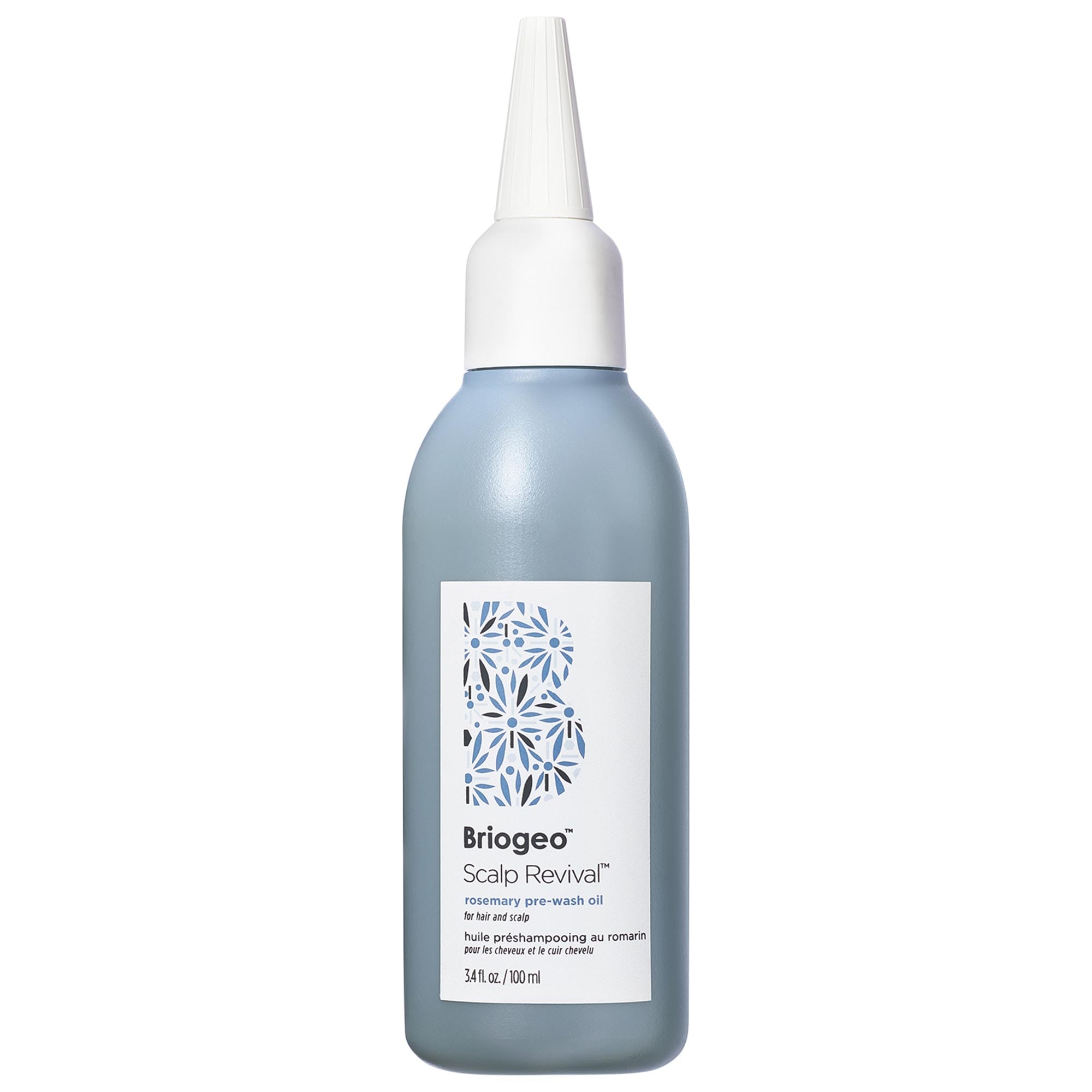
Best used as a pre-wash or overnight treatment, this nozzle-tipped product is ideal for itchy scalps. The rosemary oil is bolstered with tea tree extract and castor oil to create a soothing, hair growth-stimulating treatment.
Why Trust Marie Claire
Samantha Holender has nearly a decade of experience in the beauty industry and is considered an expert on hair growth methods. She has personally reported on Platlet-Rich Plasma injections for hair growth, and tried hair growth devices like AlmaTed and KeraVive.
Marie Claire is also an authority in the hair growth space, reporting on the best shampoos and conditioners for hair growth, the best hair growth oils, and reporting on trend hair growth remedies like ginseng oil.
For this story specifically, we also spoke to three board-certified dermatologists as well as a trichologist.
Meet the Experts

Anabel Kingsley is a trichologist and president of Philip Kingsley Trichological Clinic in New York City.

Dr. Naana Boakye MD, MPH, FAAD is a board-certified dermatologist and founder of Bergen Dermatology in Englewood Cliffs, New Jersey. A graduate of Temple University and George Washington University, she studied epidemiology and takes a holistic approach when treating her patients.

Jenny Liu, MD, is a board-certified dermatologist and assistant professor of dermatology at the University of Minnesota Medical School. On her blog, dermtalkdocs.com, and her Instagram @derm.talk, Dr. Liu dives deep into skin care, beauty, medicine, and living a healthy life.

Dr. Joyce Park is a board-certified dermatologist based in Washington, founder of Skin Refinery, a virtual dermatology clinic, and a skincare and beauty content creator at Tea with MD. She attended college and medical school at Stanford University, and completed her dermatology residency at NYU. During medical school, she completed the Stanford-NBC News Global Health Media Fellowship, working in the communications office of the World Health Organization in Switzerland and as part of the medical unit at NBC News. She realized the power of traditional and social media for public health education during this year, and she continued exploring this potential as a fellow interning at the ABC News Medical Unit.
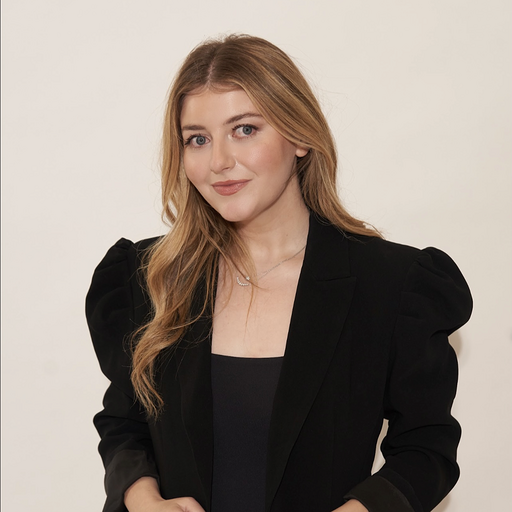
Samantha Holender is the Senior Beauty Editor at Marie Claire, where she reports on the best new launches, dives into the science behind skincare, and shares the breakdown on the latest and greatest trends in the beauty space. She's studied up on every ingredient you'll find on INCI list and is constantly in search of the world's glowiest makeup products. She's constantly tracking the biggest nail and hair trends to pop up in the beauty space, going backstage during fashion weeks, tracking celebrity looks, and constantly talking to celebrity hair stylists, nail artists, and makeup artists. Prior to joining the team, she worked as Us Weekly’s Beauty and Style Editor, where she stayed on the pulse of pop culture and broke down celebrity beauty routines, hair transformations, and red carpet looks. Her words have also appeared on Popsugar, Makeup.com, Skincare.com, Delish.com, and Philadelphia Wedding. Samantha also serves as a board member for the American Society of Magazine Editors (ASME). She first joined the organization in 2018, when she worked as an editorial intern at Food Network Magazine and Pioneer Woman Magazine. Samantha has a degree in Journalism and Mass Communications from The George Washington University’s School of Media and Public Affairs. While at GWU, she was a founding member of the school’s HerCampus chapter and served as its President for four years. When she’s not deep in the beauty closet or swatching eyeshadows, you can find her obsessing over Real Housewives and all things Bravo. Keep up with her on Instagram @samholender.
- Gabrielle UlubayBeauty Writer
